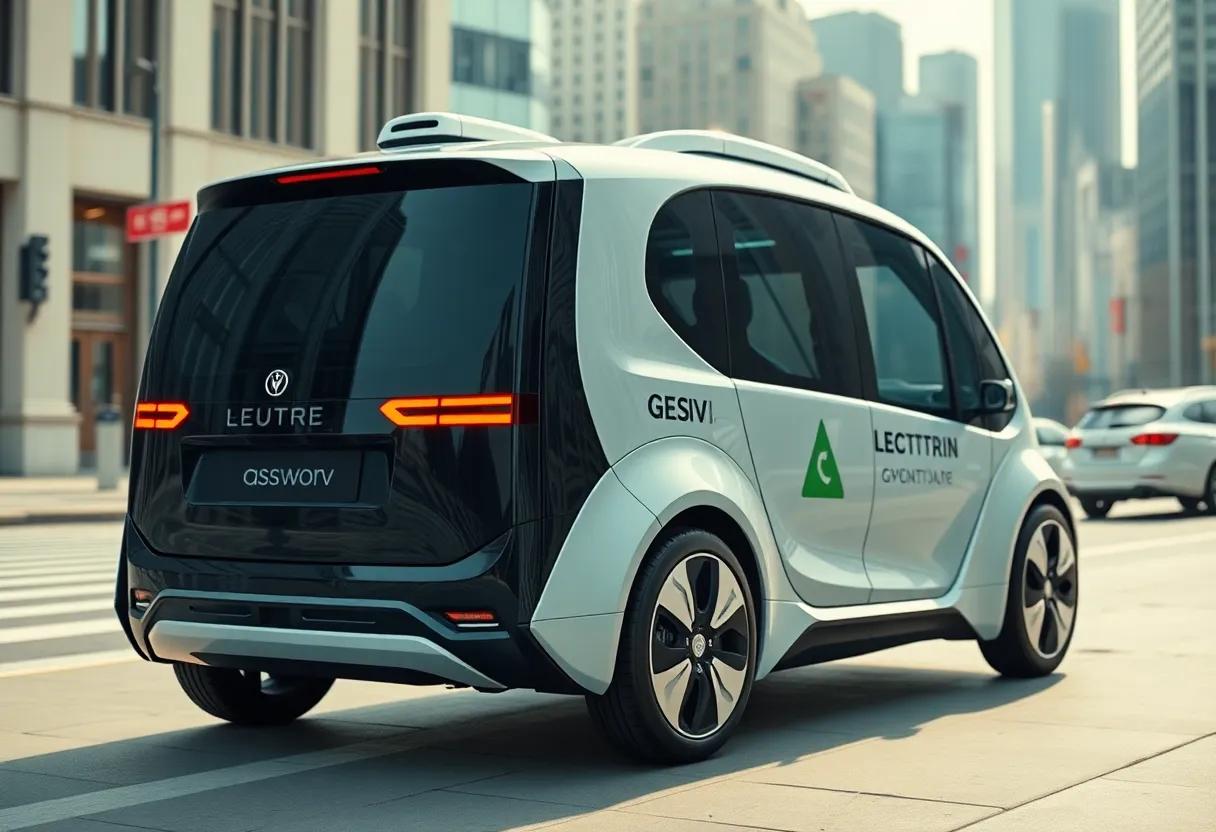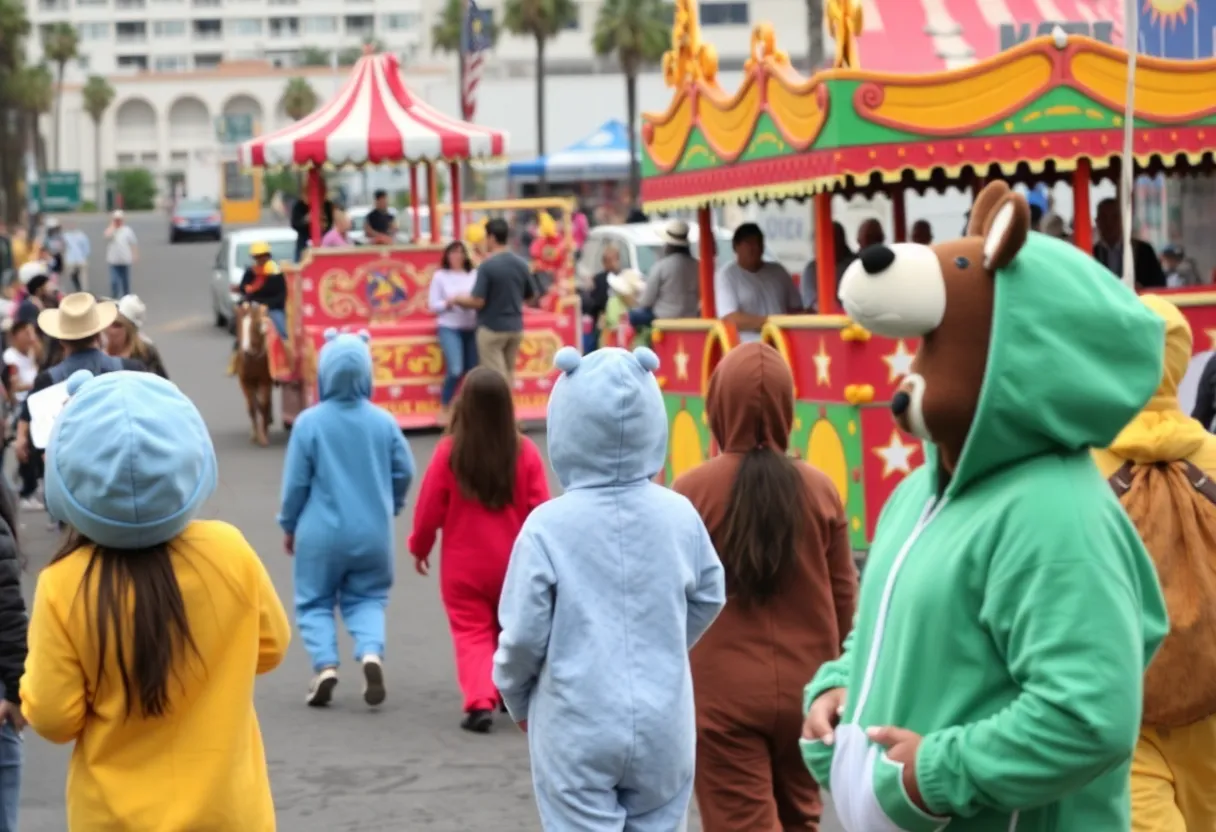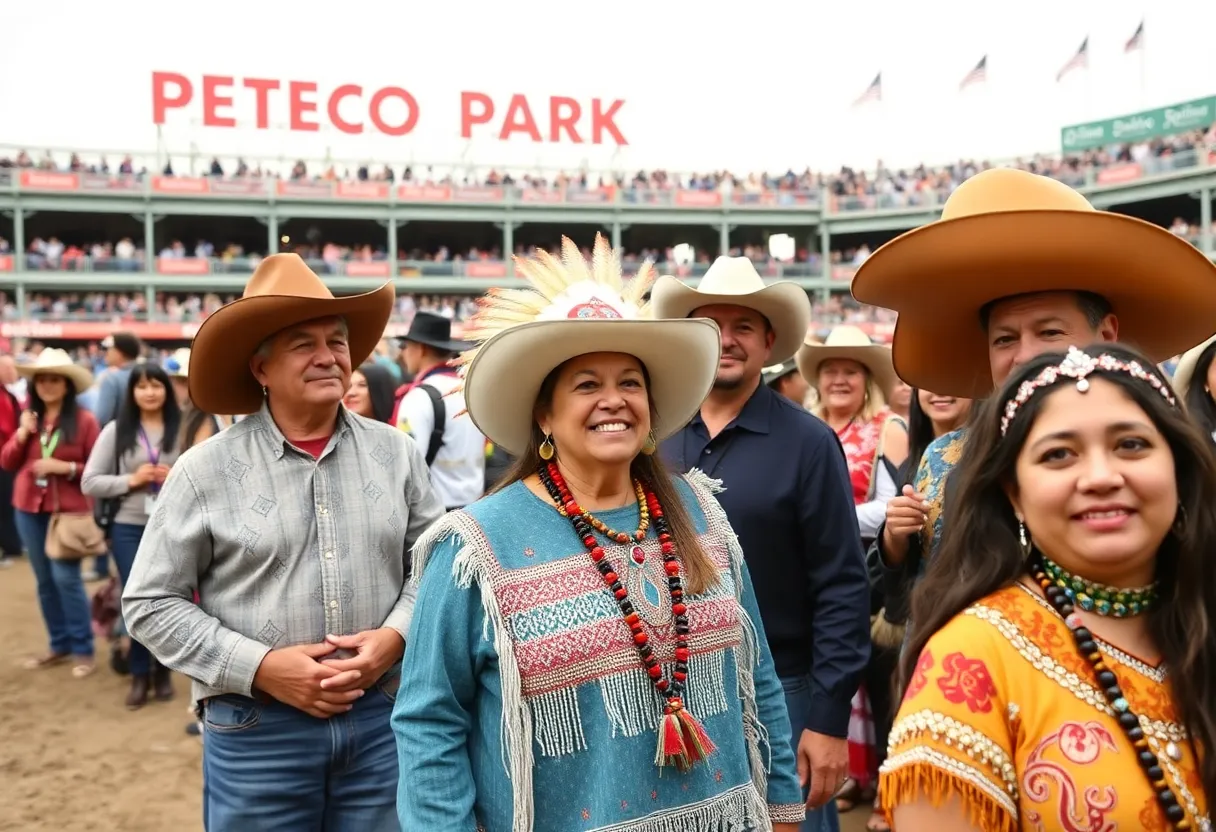News Summary
Tesla is currently in talks with California regulators to expand its ridesharing services, focusing on obtaining existing permits rather than launching its ambitious Robotaxi service. Meetings with the DMV have highlighted the need for compliance with safety regulations, and Tesla’s initial plans will include rides for employees before potentially opening to the public. Key regulators expressed concerns over the potential rush to launch unauthorized services, emphasizing adherence to local regulations as Tesla moves forward.
California – Tesla is in discussions with state regulators regarding an expansion of its ridesharing service in California, but the plans are significantly more conservative than the grand vision for a Robotaxi service touted by CEO Elon Musk. Internal documents reveal that Tesla has engaged in at least five meetings with the California Department of Motor Vehicles (DMV) since the start of 2024, aiming to address regulatory concerns and seek the proper permits.
These discussions involved key regulators, including Miguel Acosta, the DMV’s chief of autonomous vehicles. The communications between Tesla representatives and the DMV suggest the company’s strategy is to focus on acquiring existing permits rather than an extensive rollout of the Robotaxi service Musk has previously promised. Currently, Tesla does not have the required approvals to operate an autonomous rideshare service in California, even with a safety driver present.
Notably, the DMV had scheduled two meetings with Tesla in July, coinciding with a public warning issued to the company against launching any unauthorized services in the Bay Area. Musk has frequently set ambitious timelines for the rollout of Robotaxi services, claiming that it could commence in “a month or two” in the Bay Area, with aspirations to receive necessary approvals by the end of the year. However, the term “Robotaxi” has not appeared in any official communications exchanged between Tesla and the DMV in the past year.
In a meeting on April 10, Tesla’s senior counsel reached out to the DMV to clarify that the company’s upcoming plans would not involve unsupervised, full self-driving operations in California. This communication emphasized Tesla’s understanding of the need for additional permits for both driverless and drivered rideshare efforts. Currently, the company has been granted approval solely for a conventional ridesharing service, which is limited to transporting employees.
Tesla’s approach indicates a phased rollout plan, starting with rides for employees, then expanding to friends and family, and subsequently opening services to the general public. Company officials have shown sensitivity to regulatory feedback, making efforts to clarify previous miscommunications that arose from statements made by unnamed employees. Musk’s public comments often generate attention ahead of official meetings with the DMV, suggesting a strategic attempt to influence media coverage.
The DMV explicitly warned Tesla that the current permits held do not allow the transportation of the public, regardless of whether there is a driver present or payments involved. Recent correspondence from Tesla did indicate a desire to expand its existing transportation service but underscored a commitment to adhering to local regulations.
Lawmakers in California, including Assemblymember Catherine Stefani, have expressed concerns regarding the potential for Tesla to rush an unauthorized launch. They stress the importance of regulatory compliance to prevent risks associated with advanced self-driving technologies. Regulatory scrutiny of Tesla has intensified due to previous conflicts concerning the company’s self-driving technology claims, illustrating the complications the company faces in moving forward.
Meetings between Tesla and DMV officials have primarily revolved around the parameters surrounding the existing safety driver permit and the company’s testing allowances. As the regulatory landscape continues to evolve, Tesla will need to navigate a challenging path if it hopes to realize the Robotaxi service as Musk envisions. The cautious approach taken with California regulators indicates an understanding of the complexities involved in implementing such innovative transportation solutions.
Deeper Dive: News & Info About This Topic
- Politico: Tesla Robotaxi Permit Problems
- Google Search: Tesla Robotaxi California
- Teslarati: Tesla’s Cryptic Message on Robotaxi Expansion
- Wikipedia: Tesla, Inc.
- ABC7 News: Tesla Plans Robotaxi Service
- Encyclopedia Britannica: Autonomous Vehicle
- Reuters: Tesla Updates on Robotaxi Service
- Google News: Tesla Robotaxi News

Author: STAFF HERE SAN DIEGO WRITER
The SAN DIEGO STAFF WRITER represents the experienced team at HERESanDiego.com, your go-to source for actionable local news and information in San Diego, San Diego County, and beyond. Specializing in "news you can use," we cover essential topics like product reviews for personal and business needs, local business directories, politics, real estate trends, neighborhood insights, and state news affecting the area—with deep expertise drawn from years of dedicated reporting and strong community input, including local press releases and business updates. We deliver top reporting on high-value events such as Comic-Con International, San Diego County Fair, and San Diego Pride Festival. Our coverage extends to key organizations like the San Diego Regional Chamber of Commerce and United Way of San Diego County, plus leading businesses in biotechnology, healthcare, and technology that power the local economy such as Qualcomm, Illumina, and Scripps Health. As part of the broader HERE network, including HEREAnaheim.com, HEREBeverlyHills.com, HERECostaMesa.com, HERECoronado.com, HEREHollywood.com, HEREHuntingtonBeach.com, HERELongBeach.com, HERELosAngeles.com, HEREMissionViejo.com, and HERESantaAna.com, we provide comprehensive, credible insights into California's dynamic landscape.





